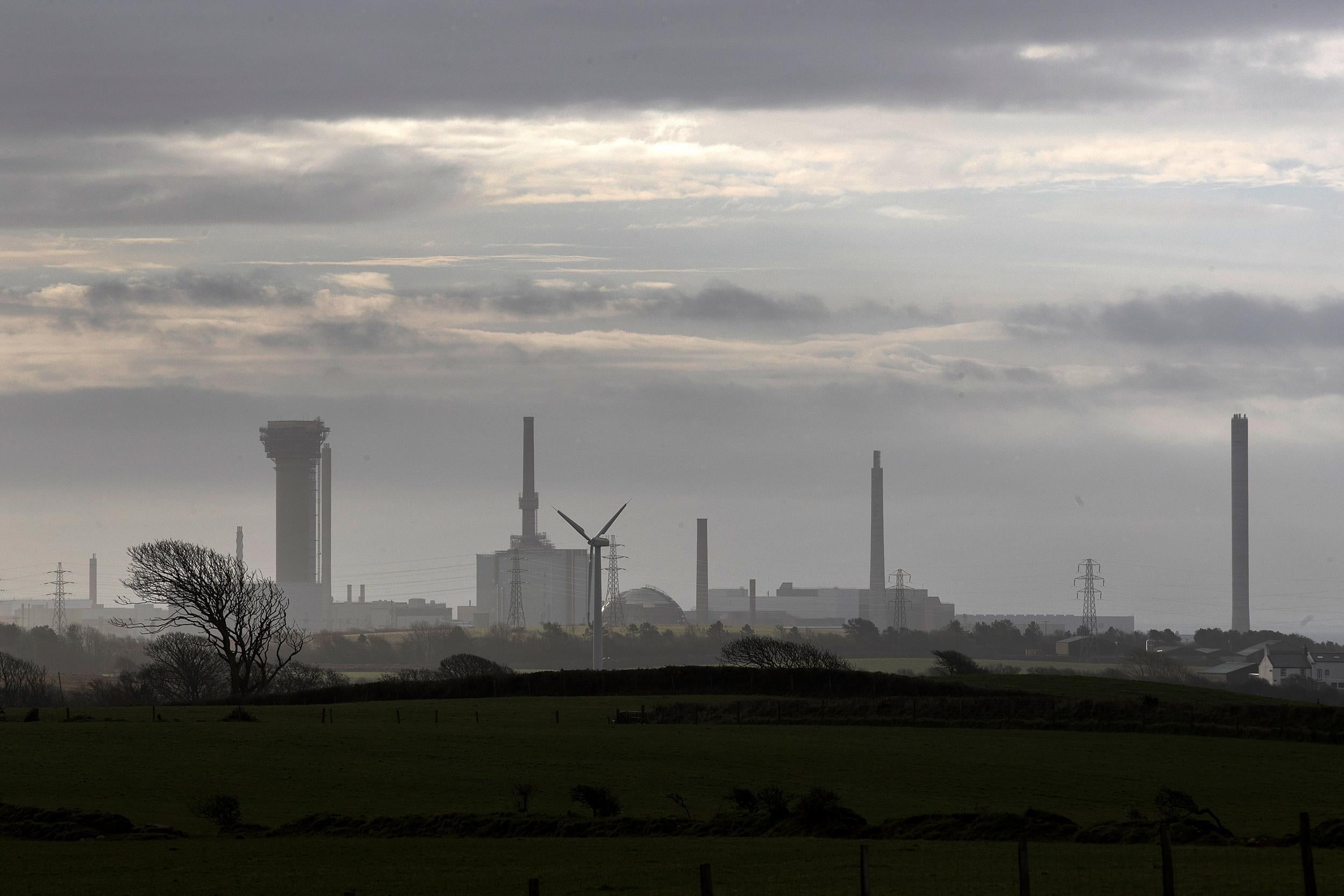David Davis resists pressure for rethink on Euratom and confirms Britain will set up its own nuclear regulator
Set up in 1957, Euratom is responsible for regulating the nuclear industry across Europe, disposing of waste and carrying out nuclear research

Your support helps us to tell the story
From reproductive rights to climate change to Big Tech, The Independent is on the ground when the story is developing. Whether it's investigating the financials of Elon Musk's pro-Trump PAC or producing our latest documentary, 'The A Word', which shines a light on the American women fighting for reproductive rights, we know how important it is to parse out the facts from the messaging.
At such a critical moment in US history, we need reporters on the ground. Your donation allows us to keep sending journalists to speak to both sides of the story.
The Independent is trusted by Americans across the entire political spectrum. And unlike many other quality news outlets, we choose not to lock Americans out of our reporting and analysis with paywalls. We believe quality journalism should be available to everyone, paid for by those who can afford it.
Your support makes all the difference.Brexit Secretary David Davis has resisted pressure from colleagues to remain a member of the European civil nuclear regulator, Euratom, as his department published a policy paper insisting the UK will replace it with its own regime.
Euratom – set up in 1957 – is responsible for regulating the nuclear industry across the continent, disposing of waste, carrying out nuclear research and development, safeguarding the transport of nuclear materials, and the mobility of workers and trade in the nuclear sector.
But on Thursday, Mr Davis’ department published three policy papers, including one on the European Atomic Energy Community, also known as Euratom, and the role of the European Court of Justice (ECJ).
On Euratom, the paper insists that when Theresa May, the Prime Minister, invoked Article 50 of the Lisbon Treaty, triggering the Brexit process, the intention to leave the nuclear regulator was also provided.
“This reflects the fact that the Treaties of the EU and Euratom are uniquely legally joined,” the policy paper adds.
But immediately after the publication of the Euratom document, it was criticised as raising more question than it does answers. It was unclear whether Britain, for example, would gain ownership of nuclear safeguard equipment owned by Euratom but located in the UK after Brexit. The policy paper also failed to include any details regarding a timetable for transition to a UK nuclear regulator.
Norman Lamb, the Liberal Democrat’s health spokesperson, who also chairs the science and technology select committee in the Commons, said: “The paper raises more questions than it does answers.”
He continued: “No details have been given on how the transition to a new UK nuclear regulator will be achieved on time, and no mention has been made of medical isotopes for cancer treatment. This will do nothing to reassure cancer patients’ worries about potential delays to their treatments.
The briefing paper on Euratom also emphasises that there is a “strong, mutual interest” in ensuring Britain and the members of Euratom continue to work closely following Brexit. It adds: “The UK’s ambition is to maintain a close and effective relationship with the Euratom Community and the rest of the world that harnesses the UK’s and Euratom Community’s expertise and maximises shared interests.”
Mr Davis, who will present the policy papers to the European Commission next week ahead of the second round of negotiations, said: “These position papers mark the fair and transparent way the UK is approaching Brexit negotiations ahead of the second round of talks next week – and demonstrate how deciding the shape of our future partnership with the EU is inextricably linked with our withdrawal talks.”
He added: “While we’re leaving the EU we are not leaving Europe and we want to continue operating with our friends and neighbours on issues of mutual importance including nuclear safeguards.”
Join our commenting forum
Join thought-provoking conversations, follow other Independent readers and see their replies
Comments